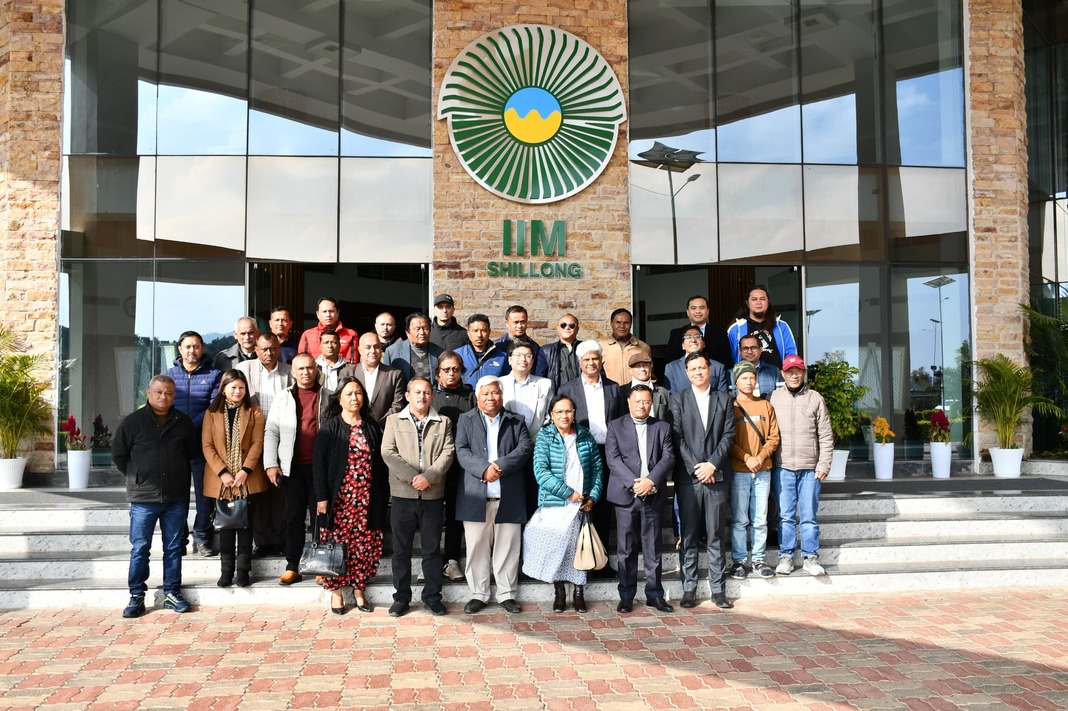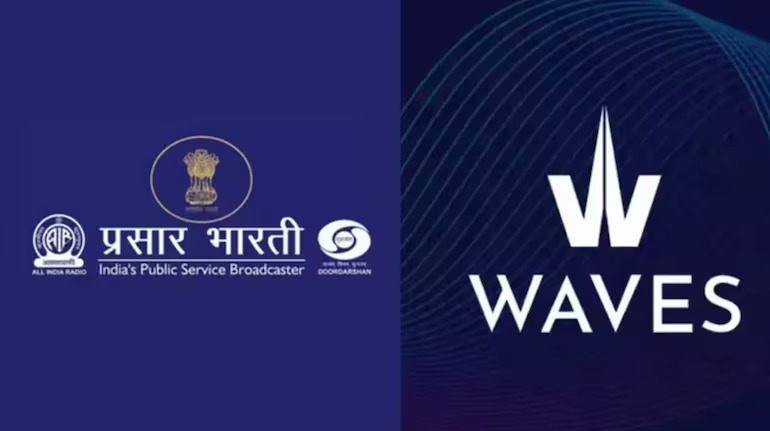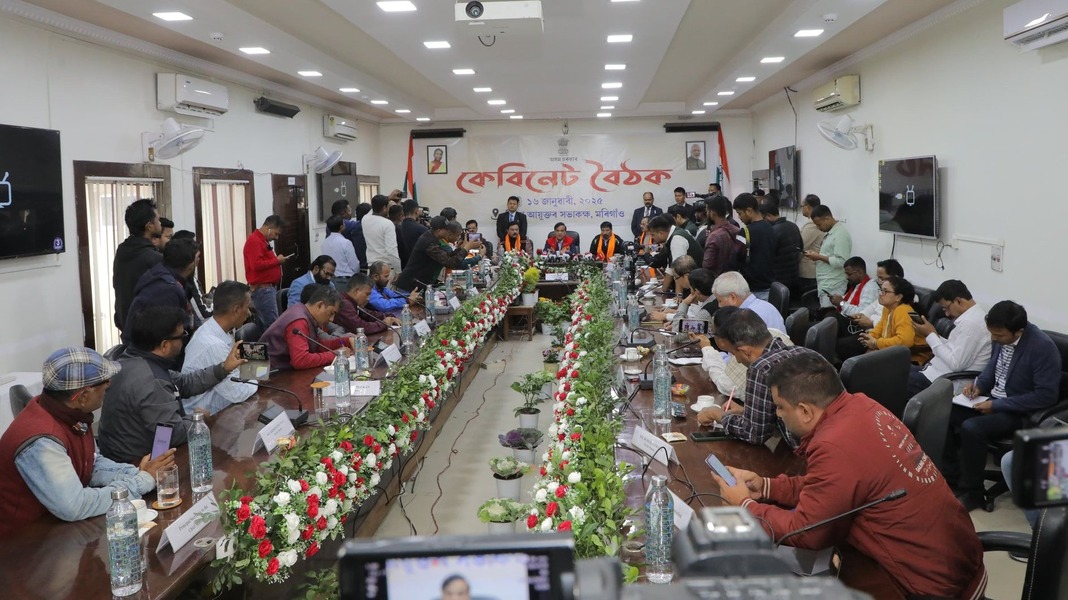Shillong, Jan 16: How can Shillong tackle its mounting waste management challenges? Collaboration, innovation, and community empowerment emerged as pivotal strategies during a roundtable discussion organized by IIM Shillong’s Northeast Centre for Community Impact and Engagement (NE-CCIE).
The event on January 15 brought together a diverse group of stakeholders, including the Meghalaya Institute of Governance, Bethany Society, OCU, and Synjuk ki Nongsynshar Shnong Nongthymmai Pyllun, to design actionable pathways toward sustainable urban waste practices.
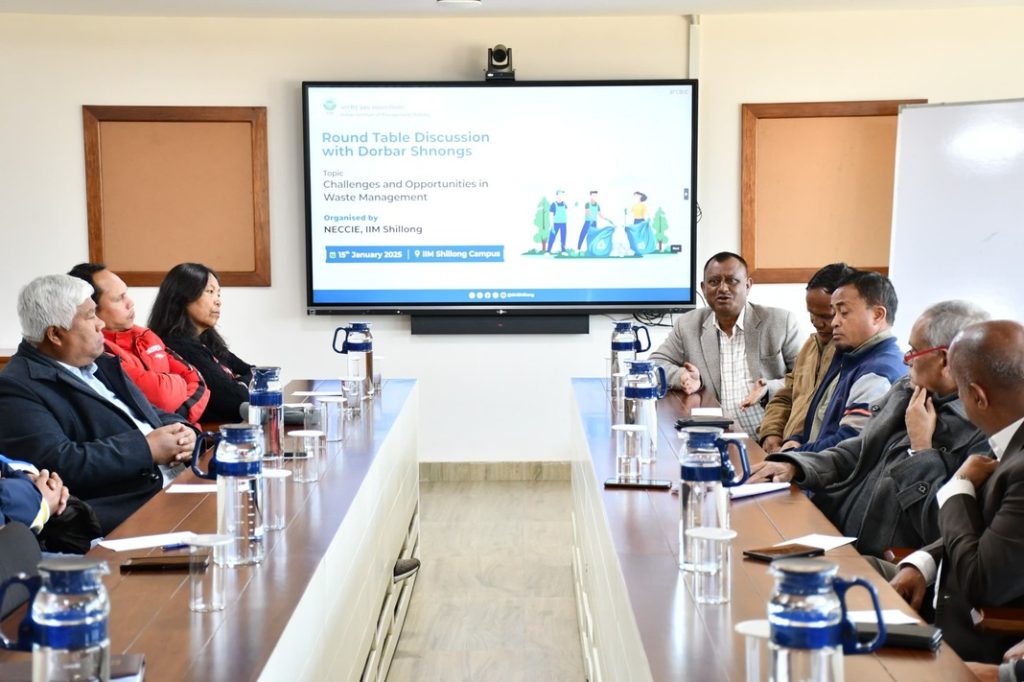
Transformative Themes for Change
Discussions revolved around six key areas aimed at redefining Shillong’s waste landscape:
Empowering Communities
The grassroots engagement took centre stage, with calls for public awareness campaigns on waste segregation and youth training programs to nurture local leadership and job creation in waste management.
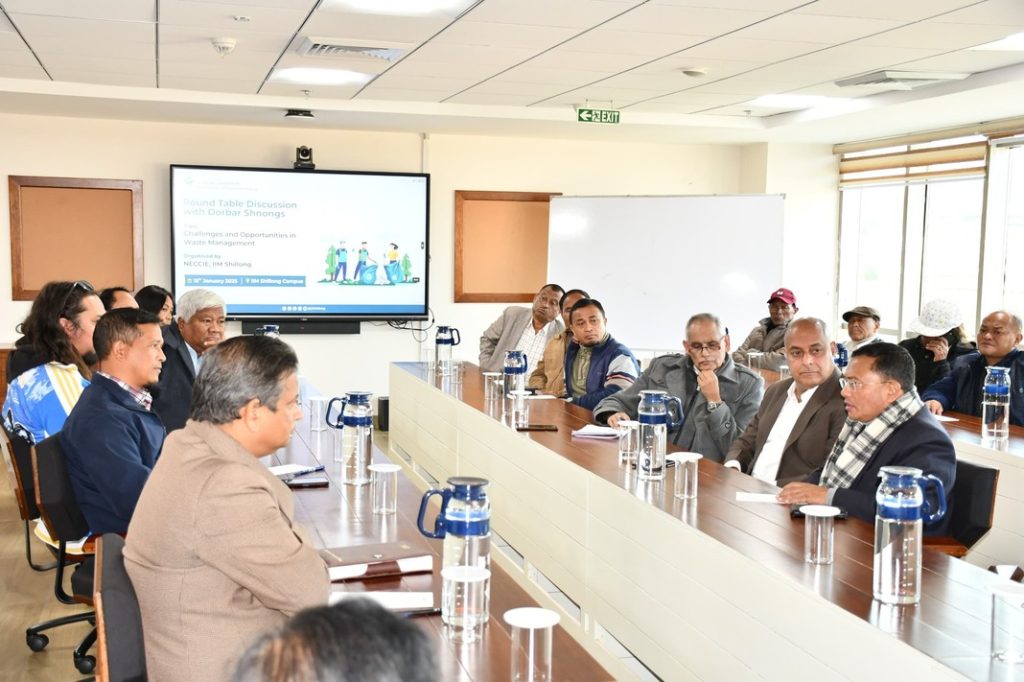
Curbing Plastic with Clean Water
Proposals to introduce water ATMs at strategic locations highlighted a dual solution to reduce single-use plastic bottles and provide access to clean drinking water, reducing overall plastic waste.
Turning Waste into Resources
Participants envisioned waste as an economic asset, advocating for recycling hubs, composting facilities, and upcycling initiatives to reduce landfill dependency and generate revenue.
Stewarding Shillong’s Rivers
Recognizing the vital role of river ecosystems, community-led stewardship programs were proposed to reduce pollution, restore ecological balance, and ensure sustainable management of riverbanks.
Policy and Pilot Projects
Supportive government policies and pilot projects were seen as essential to test and refine waste segregation models, paving the way for broader implementation.
Commercializing Sustainability
By focusing on market-driven solutions like recycling, upcycling, and energy generation, participants aimed to align environmental goals with economic opportunities for the local population.
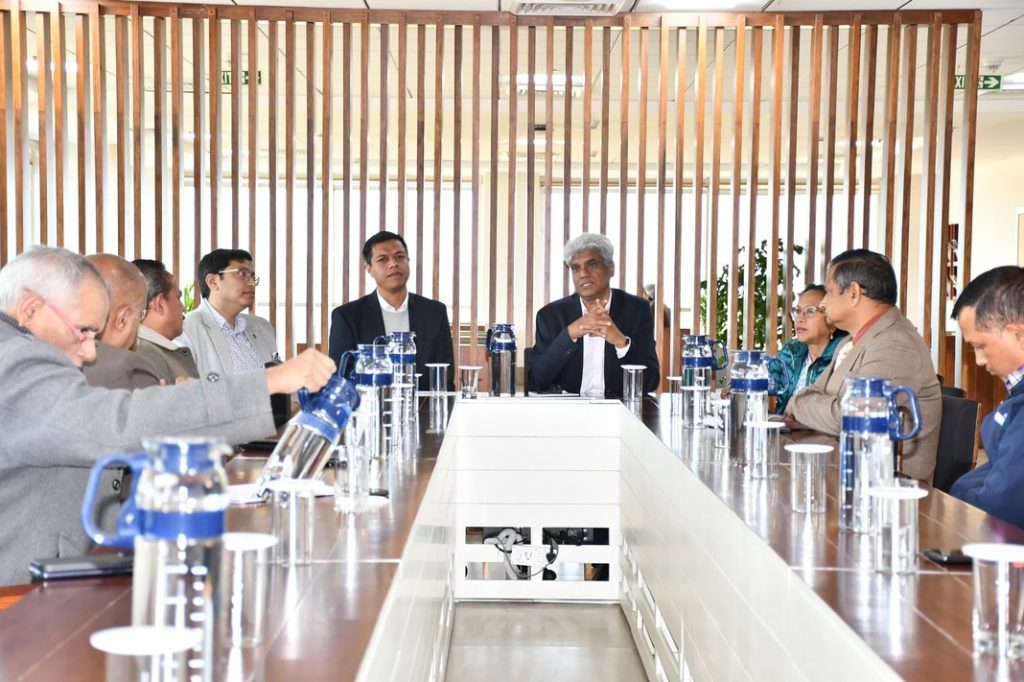
A Collaborative Vision for Change
The roundtable began with remarks from Prof. D.P. Goyal, Director of IIM Shillong, emphasizing the importance of multi-stakeholder collaboration. Col. Dinesh Adhikari, CAO of IIM Shillong, shared the institute’s success in waste management as a scalable model.
Moderated by Dr Teidorlang Lyngdoh, Chair of NE-CCIE, the event concluded with a commitment to integrate academic expertise, government support, and community-led solutions.
“True transformation lies in empowering people, innovating processes, and sustaining policies,” remarked a participant, echoing the collective sentiment.
This inclusive and innovative approach could position Shillong as a beacon for sustainable urban waste management, showcasing the power of community-driven action and innovative solutions to tackle pressing environmental challenges.

